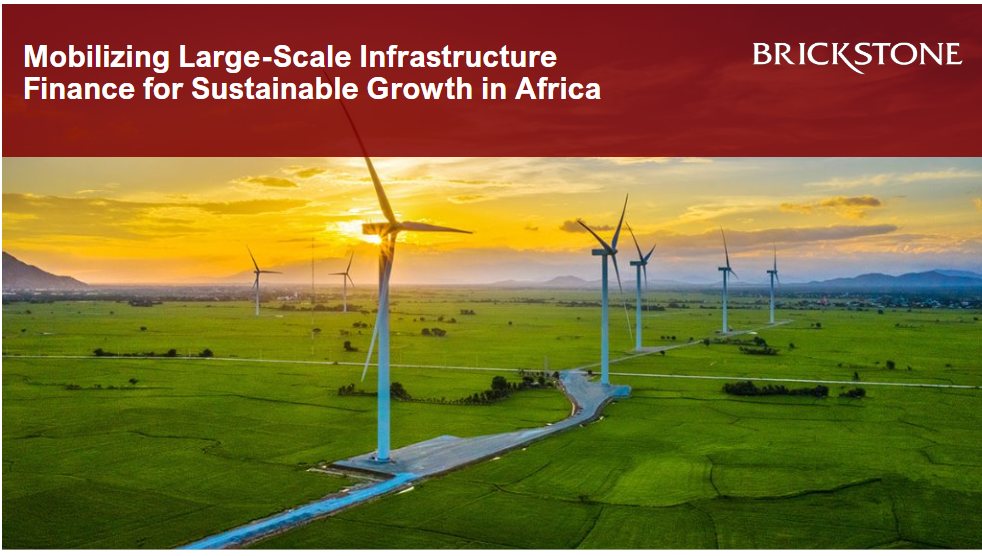Africa’s Path to Sustainable Growth: Why Economic Prosperity and Environmental Protection Must Go Hand-in-Hand.
Africa’s Path to Sustainable Growth: Why Economic Prosperity and Environmental Protection Must Go Hand-in-Hand.
In Africa, the quest for economic prosperity is seen as conflicting with environmental conservation. The dichotomy between economic growth and the protection of the environment is, to say the least, a false choice. Sustainability automatically becomes the only path forward that remains for the continent.
Great opportunities for economic advancement emanate from the abundant natural resources of Africa, but the relentless exploration of such resources puts them at risk of long-term environmental degradation, under intense pressure for rapid economic gains. The worst consequences are deforestation, loss of biodiversity, and climate change events that are threatening millions of livelihoods in Africa.
To the contrary, sustainable practices do not retard economic growth; rather, they enhance it. Green technologies, renewable energy, and sustainable agriculture are sound not only for the environment but also considerably economically rewarding. Such industries have already started to play a crucial role in building a new economy, thereby providing jobs, accelerating innovation, and heading toward long-term prosperity.
For example, investment in renewable energy makes Africa a green global leader. There is an abundant amount of solar and wind available that can leapfrog conventional sources of energy to provide electricity for millions while reducing carbon emissions that come with them. This alone shift will not only mitigate climate change but drive economic growth by picking up on green investments and the creation of new industries.
Greater food security, poverty alleviation, and ecosystem conversation can be met through sustainable agriculture practices. These methods conserve water, increase the fertility of the soil, and protect forests—indeed, opening the way for increased agricultural productivity while eliminating risks to natural heritage in Africa. This means that sustainability cannot be integrated into economic planning and development strategies without continuous collaboration between governments, the private sector, and civil society.
These policies will have to encourage green investments through incentives, promote sustainable practices in business and life, and ensure compliance with existing environmental legislation and regulations. Additionally, this international cooperation and assistance can secure financial and technical capacity for such an economic transition in Africa. That is to say, Africa need not consider a choice between economic development on the one hand and environmental protection on the other; these are self-reinforcing goals. Otherwise, if that doesn’t happen, then economic development—sustainability—will never be attained by Africa.
The trajectory determined today will chart the course for better prospects on the continent. The choice of sustainability is no longer merely an option, but it has evolved out of necessity as a requisite for people’s well-being and the health of the planet.
This article by Brickstone reviews The Conversation’s publication on Sustainable Growth.
Read the complete publication here.





